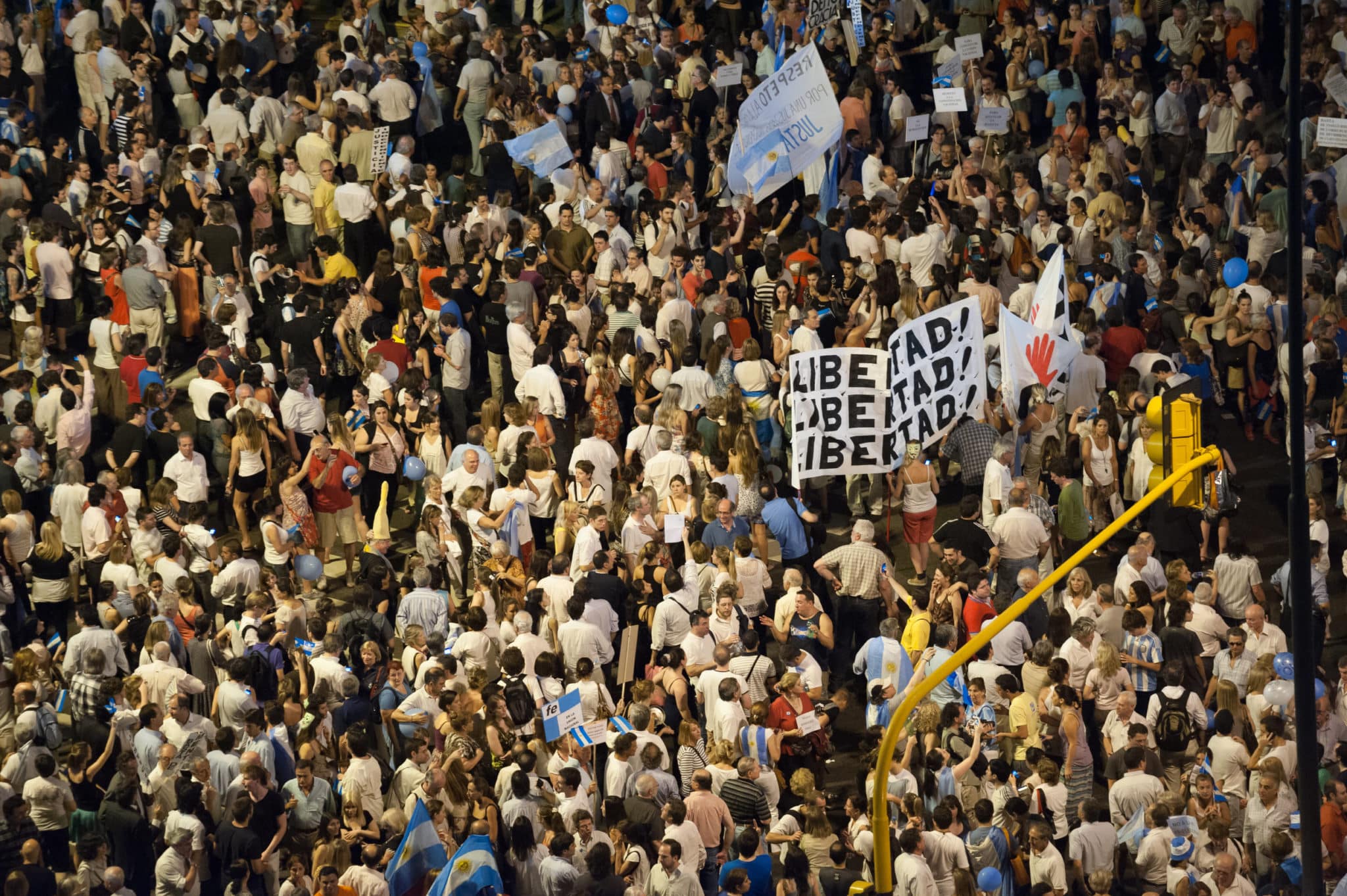
Argentina is a deeply corrupt country. Transparency International, a non-governmental watchdog organization, ranks the Land of the Gaucho 105th in its Corruption Index, just behind other models of good governance such as Algeria, Mexico, and Greece. But, just as a famed American folk singer once observed that one doesn’t need a meteorologist to appreciate air currents, one hardly needs a study to know that Argentines have scant regard for the law.
Last August, an investigation revealed that Supreme Court Justice Eugenio Zaffaroni owned six apartments that were being used as brothels. Although a media spectacle predictably ensued, no one pressured him to recuse himself from the court, even temporarily, to clear his name. Fellow justice Carmen Agibay called it a “private matter,” said that it “doesn’t affect the Supreme Court in the least,” and stated that Zaffaroni would “provide an explanation eventually.”
If one replaces “Eugenio Zaffaroni” with “Antonin Scalia,” and “Carmen Agibay” with “Ruth Bader Ginsburg,” the absurdity of the situation becomes readily apparent. In the U.S., the mere whiff of impartiality is enough for justices to recuse themselves from a case. Were a human trafficking case to come before the court, a justice facing criminal allegations on that issue might struggle to be impartial. Evidently, the supposed stewards of Argentine law don’t mind. However, these lax standards of propriety have precedent even higher up in the political order. Last year, the Securities and Exchange Commission charged former Siemens executives with bribing two consecutive Argentine presidents– Carlos Menem and Fernando de la Rua– with $100 million to secure a contract for a $1 billion national ID card.
Law enforcement here is similarly dismal. A 2009 study from the Universidad Torcuato di Tella, a well-regarded private university, found that one out of every three households could report that at least one household member had been the victim of crime within the last 12 months. So it should come as no surprise that 81% of Argentines believe that their government is ineffective when it comes to fighting crime.
The obvious chasm between reality and public opinion might lead one to believe that only a man on a white horse (with, say, a fortune and the conviction that he is beholden to no one) could re-order this country’s civil service and encourage a South American perestroika of sorts. Put aside, for a moment, the fact that this hypothetical president would have to struggle past politically potent public-sector unions to simply win office. If the football federation launders money, if 13,000 police officers can be arrested for crimes, and if 60% of Argentines in a national survey believe they can pay law enforcement officials to avoid infractions, this society’s problems might run deeper than mere technocratic adjustment.
Contributions by: Michael Kurtz, Global Paradigm Project





